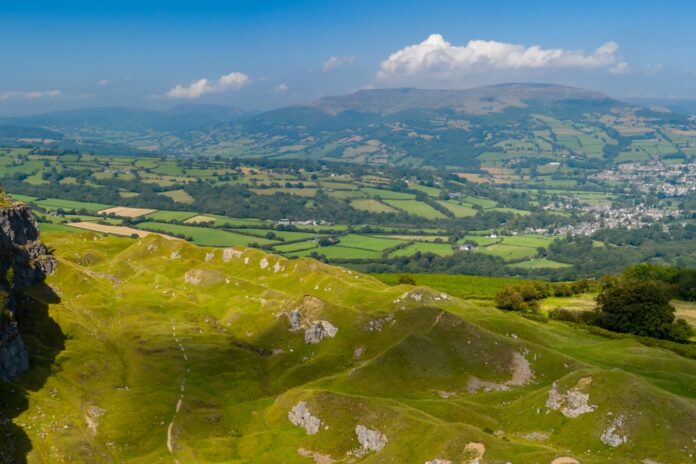Rural UK is too hard for Openreach
The UK government is examining how satellite can deliver the promised high-speed broadband that many cable operators have failed to provide in ‘hard to reach’ areas of towns, cities and rural settings. In the UK, many urban dwellers are being told they live in a ‘hard-to-reach location’ if they are judged to be too far from the local exchange or cabling cabinet.
The investigation led by the Departure of Digital Culture Media and Sport (DCMS) has two parts, a hard factual technical exercise and a more ethereal economic analysis, in which the benefits of satellite will be subject to individual interpretation of the report writers. The ‘hard hat’ trials will benchmark the technical capacity of the satellites with a determination based on numbers. The ‘soft economic’ second phase will be to assess the intangibles, the possible social and business benefits that faster connections will bring to these remote premises. Following the trials, the government will consider the viability of using satellite technology to connect very hard to reach homes and businesses across the UK.
The trials have been supported by Starlink, which is satellite equipment. DCMS said it is continuing to discuss the capability of other solutions and services with suppliers, including the use of other providers such as Oneweb at more complex sites.
The project has two initial trial sites, both rural settings, on the Yorkshire Moors in England and in Snowdonia National Park in Wales. Rievaulx Abbey, founded in 1132, in North Yorkshire Moors National Park, is one of the most complete abbey ruins in England. The project will improve connectivity at the site and is expected to help visitors and researchers engage with educational material relating to the ancient monument. Wasdale Head in the Lake District will be connected to explore how better broadband can improve operations in communication blackspot zones for mountain rescue team radio and global positioning services.
Snowdonia National Park will have two sites connected: the base of the Ogwen Valley Mountain Rescue Organisation (Sefydliad Achub Mynydd Dyffryn Ogwen) to support their life-saving operations and Ty Cornel, an outdoor activity centre in Crafnant Valley managed by Scouts Cymru to help improve safety for wardens and the public crossing the isolated 25-acre site as well as enabling new educational resources for visiting school, university or scout groups.
“Ensuring everyone can get a quality internet connection is crucial to our levelling up plans and these trials aim to find a solution to the prohibitively high cost of rolling out cables to far-flung locations,” said Digital Secretary Michelle Donelan. In the UK however, a significant number of town dwellers are told they are a location too far.


